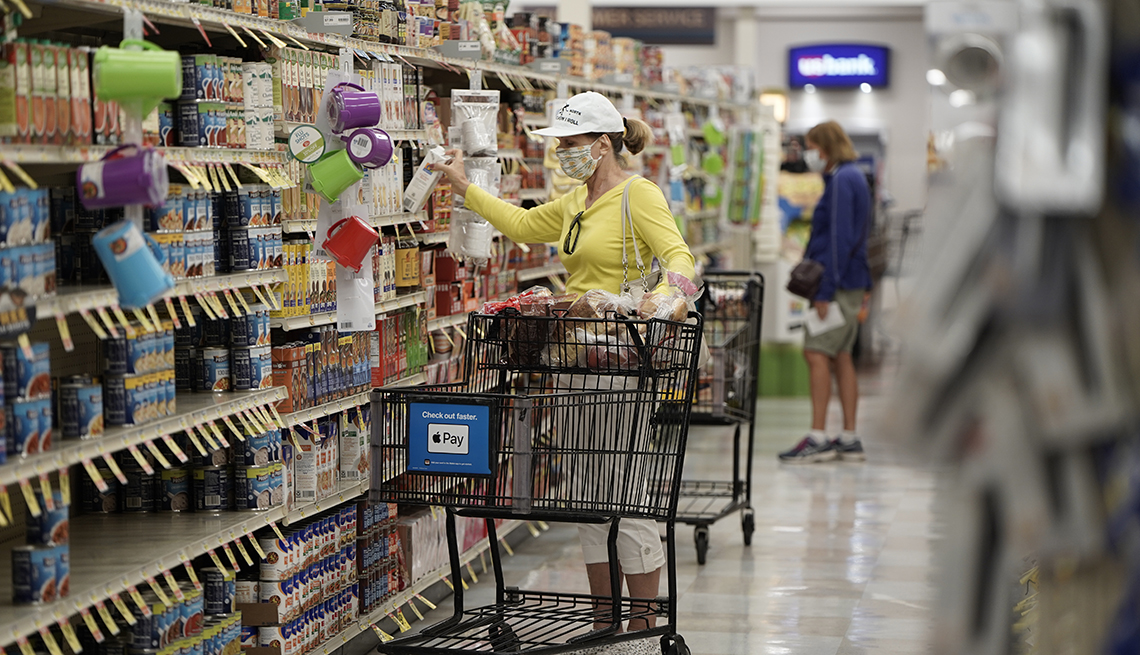Play all audios:
According to NCSolutions, which offers insights into buyer behavior, between February and October 2020, sales in the herb and spice seasoning category were 45 percent higher compared to that
same period last year. And during the early part of the pandemic, which NCS refers to as an “extreme buying” period, seasoning sales increased 72 percent. Despite those figures, NCS
predicts that “the high sustained sales do not indicate widespread product shortages." Yet, even though stores have been preparing, Brian Numainville, a principal at food industry
consumer research and consulting organization Retail Feedback Group, says consumers should expect “to see limits imposed on the number of products a shopper may purchase on a trip so there
are larger quantities of product available for more people.” But stores are better prepared now than they were in the pandemic's early days, says Deana Percassi, director of media and
public relations strategy at Wegmans Food Markets, a family-owned supermarket chain with 104 stores in the Northeast. "Some national brand suppliers who faced supply challenges on
holiday items like stuffing, gelatin and gravy have put them on allocation to help maintain an even distribution among retailers,” she says. Wegmans, like many other stores, has spent the
last several months “sourcing additional suppliers, bringing in new brands and working with its [in-house] brand suppliers to build up holiday and winter reserves in our own warehouses as
well as our suppliers'." CANNED PUMPKIN LATE TO SHELVES While shortage may be too strong a word, bakers looking for pumpkin for their holiday pies may need to be persistent to find
the canned goods they need. (Though just so you know, the orange stuff that comes in the cans is typically not pumpkin and is actually winter squash, a close relative.) Consumers were so
worried about finding what they need for their holiday pies and other dishes that major canned pumpkin producer Libby's put out an official statement trying to assuage those fears. The
company noted that, due to weather conditions, their harvest was delayed this year, leading to slow stocking of those familiar cans on grocery store shelves.

